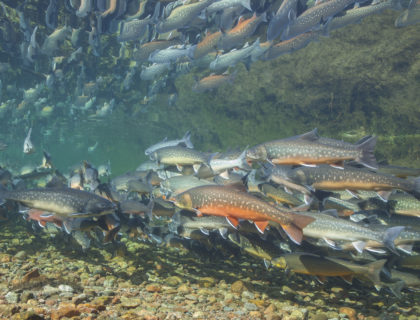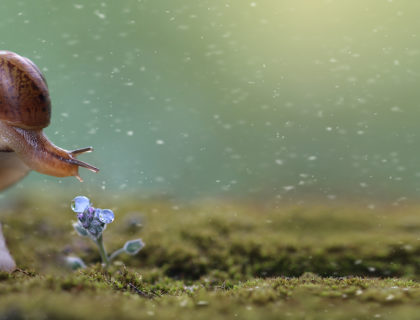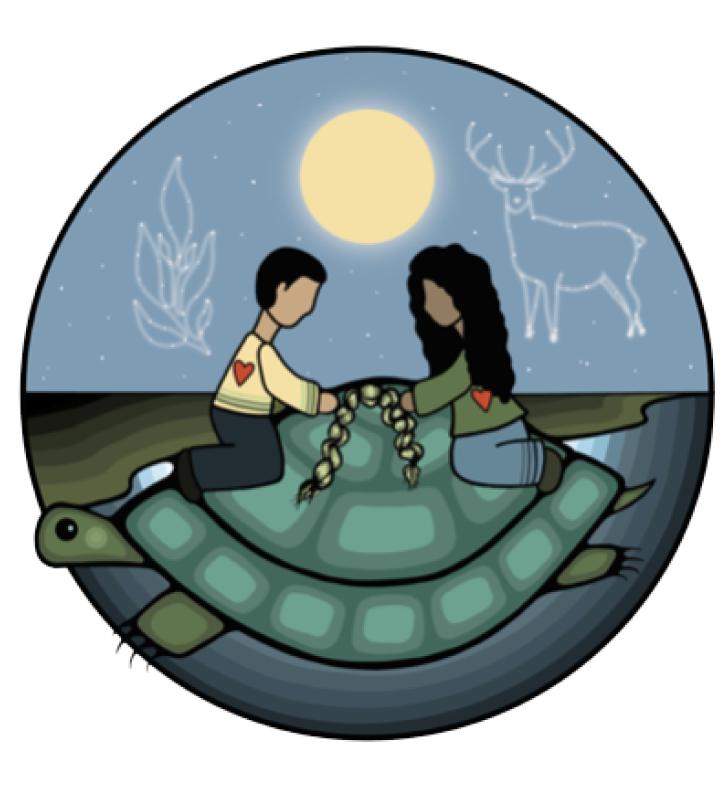Case Studies
Case Study 7: Operationalizing knowledge coevolution: towards a sustainable fishery for Nunavummiut
Case Study 7: Operationalizing knowledge coevolution: towards a sustainable fishery for Nunavummiut
In Nunavut, food insecurity is a major issue with rates as much as four times higher than the national average. Fisheries provide an opportunity to generate a reliable income and a secure fish supply to northern communities, especially when they are built upon and inclusive of traditional cultural practices. However, commercialization of these fisheries is a large issue and may reduce the access and availability of fish to local communities. It is very important that when establishing new fisheries, local authorities and harvesters must be directly involved in a co-management framework, taking the lead in management, and balancing commercial opportunities with the concerns of food security.
Community members of Gjoa Haven, Nunavut have voiced their concerns about food security and their desire to establish commercial fisheries to provide a sustainable supply of fish for many more generations to come. Their concerns initiated a research project to establish a new fishery in the area that is based upon knowledge coevolution; strengthening and preserving Indigenous knowledge and western science as they co-exist together. The researchers have had a long-lasting, meaningful relationship with the Gjoa Haven Hunters and Trappers Association (HTA) from previous research through Queens University. Without this relationship, this project would not have been possible.


Researchers worked closely with the chair of the Gjoa Haven HTA to ensure the voices and concerns of the community were addressed and at the forefront while discussing research details and processes. The governance structure of this project included a core Management Committee divided into components based upon project activities, with each division co-led by project partners and representatives from the Gjoa Haven HTA.
Elders and harvesters were interviewed to learn more about the status of fisheries, fish migration and spawning, and general harvesting and fishing activities. Research objectives were created based upon this knowledge, and workshops were held with knowledge holders to ensure the information gathered and research objectives were interpreted correctly. Community feedback and guidance about the research methods and plans was done through an open house, workshops, interviews and mapping activities to share knowledge. A knowledge gathering process was conducted to ensure the research methods being used and survey questions for community members were culturally appropriate. Capacity building for both the community and researchers was undertaken. Researchers were trained by local Inuit how to set fishing nets to capture the species of interest, as well as essential everyday skills that are needed to safely do work in the area. Community members and youth were trained in how to conduct sterile techniques and fishery sampling techniques such as otolith extraction, measurements and data recording.
An outcome of this research is for commercial fisheries in Gjoa Haven to be reactivated or newly established in a way that is grounded in Indigenous knowledge with the local community’s direct involvement, giving them the ability to successfully co-manage the fisheries. This knowledge coevolution framework was designed to bridge the gap between Indigenous knowledge systems and western science in management practices where local communities are typically absent from the management practices. By weaving Indigenous knowledge with western science throughout the entire research process, and providing capacity building for community members and researchers, co-management practices will be rebalanced with equal power.
“If we seriously want to empower our Indigenous communities, support them and our country on a healing path and enable self-determination in research and governance, then we need to make communities equal partners in the process”– Schott et al. (2020)
Reference: Schott, S., Qitsualik, J., Van Coeverden de Groot, P., Okpakok, S., Chapman, J. M., Lougheed, S. & Walker, V. K. (2020). Operationalizing knowledge coevolution: towards a sustainable fishery for Nunavummiut. Arctic Science, 6, 208-228. dx.doi.org/10.1139/as-2019-0011. https://cdnsciencepub.com/doi/full/10.1139/as-2019-0011




